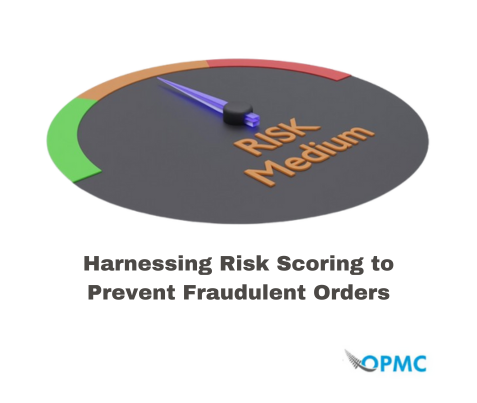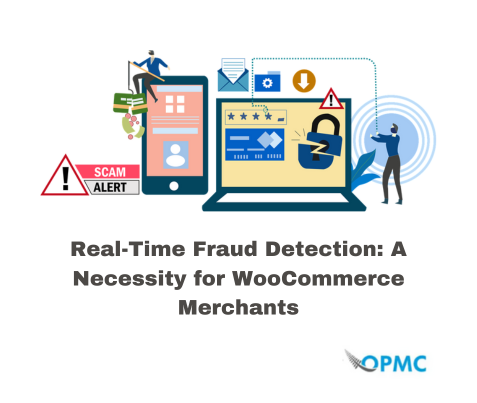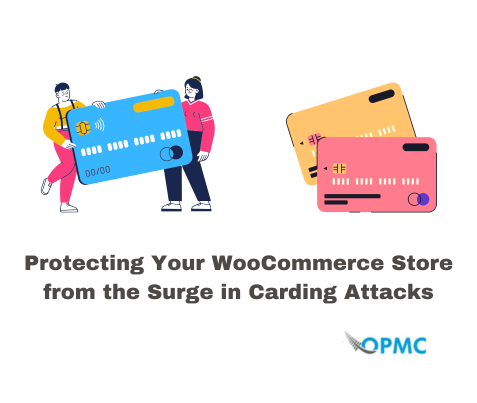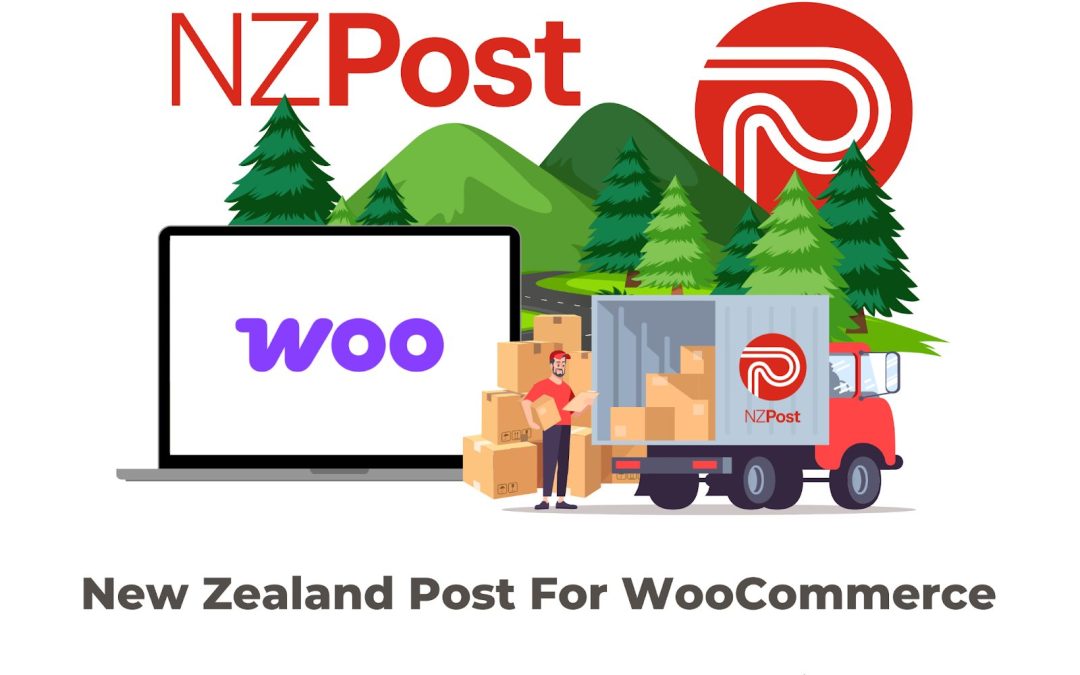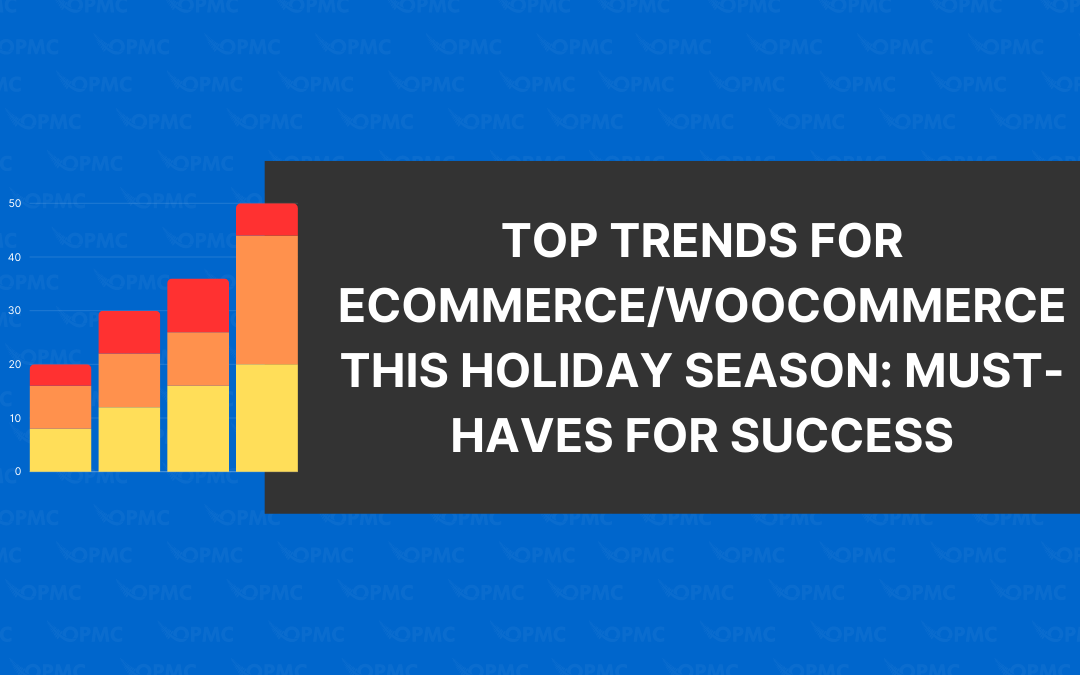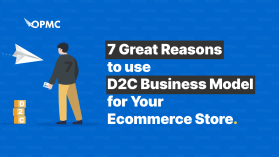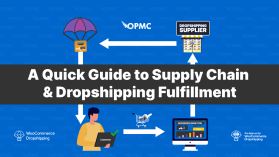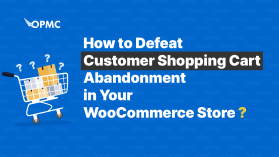Global ecommerce is a fast-growing industry. It offers an opportunity to reach customers worldwide and increase sales. However, it can also be a challenge for small businesses that do not have the experience or resources to handle international logistics in a timely manner.
There are endless movable parts that must be considered and examined before you can succeed at global ecommerce, and that requires safe, reliable, and flexible logistics services through trusted fulfillment partnerships.
What is Ecommerce Logistics?
E-commerce logistics is the process of shipping, tracking, and receiving goods purchased online. When you order something from an online retailer, you’re placing an order for that item that needs to be fulfilled by their physical warehouse (or several) and shipped to you via a courier service.
The ecommerce business then needs to pack up those items in a way that is safe for them during transit, as well as make it easy for their warehouse workers to pick out what’s needed based on your order information. They also need to ensure they have enough room in their trucks so that nothing gets damaged during transit.
Once your package arrives at its destination, it will be delivered by another courier service, such as UPS or FedEx, sometimes referred to as the “last-mile” service. The primary stages of these logistics include:
1 – Inventory Management
Inventory management is the process of managing inventory levels and ensuring that you have enough stock to meet customer demand. Inventory management is essential for ecommerce retailers as it helps to reduce costs, improve customer satisfaction, and increase sales. Most ecommerce companies use a variety of software systems to manage their inventory.
2 – Warehousing & Storage
Warehousing and storage are the process of storing goods for future use. Warehousing can be done either in a facility that is used to store raw materials, work-in-progress, finished goods, and/or merchandise.
Many warehouses may be located at the manufacturer’s plant or elsewhere. In general, warehouses are equipped with forklifts and other material handling equipment to move products from storage locations to a loading dock or shipping dock, where they are picked up by third-party transportation providers such as trucking companies.
3 – Order Fulfillment
The final stage of the global ecommerce logistics process is order fulfillment. Order fulfillment is the process of getting your product from its place at the warehouse to its destination.
The best way to ensure that your customers are happy with their experience is by making sure that everything goes smoothly with their order, particularly in terms of your ability to fulfill orders on time and accurately.
If all goes well, these steps will help prevent overstocking or understocking—and lead straight through to good customer service!
Challenges Facing Ecommerce Logistics
Ecommerce logistics and fulfillment is a complex process that requires planning and preparation to ensure the best possible customer experience. There are several challenges that you need to keep in mind, including:
Transportation costs
Shipping costs are a significant component in the cost of doing ecommerce business. This can run you anywhere from 2-10% of the value of your product just to get it from point A to point B. Transportation fees are a significant concern of dropshipping businesses.
Time-Consumption
Fulfillment, which involves the movement of goods from storage to distribution centres to customers, is a crucial component of global ecommerce. But it’s also one of the most time-consuming parts of the process—and it’s getting more complicated every day.
As customers become increasingly impatient with long shipping times and frustrated by failed deliveries, logistics companies need to find more efficient ways to keep up with demand. That means speeding up delivery while maintaining accuracy and managing costs.
Customs & Taxes
Many countries will levy a charge on goods imported into their borders. In addition, some countries require that you pay a tax when they receive your packages, while others collect it when the package is delivered.
Keeping tabs on all these customs and tax regulations can be a major challenge for global ecommerce businesses because so many things are out of their control. Not only does each country have different rules about what you may or may not import or export, but also these rules often change over time—sometimes even within the same day.
Improper Returns Management
Anytime you lack streamlined processes and transparent policies regarding returns, you can expect to have a bottleneck in your supply chain management. This is because fraudsters and unaware customers will request returns based on a massive range of reasons that take a great deal of time and money to resolve.
Finding solutions to each of these challenges ensures you have a streamlined process to getting your orders out the door as quickly and accurately as possible.
What Is the Goal of International Logistics?
International logistics aims to reduce the cost of shipping products and services from country to country while simultaneously improving sales.
This can be done by cutting down on transportation time, minimizing customs procedures, and maximizing inventory control. In addition, logistics providers should offer clear communication with customers so that they are aware of what steps have been taken to ensure their orders arrive safely.
A good logistics provider will offer a variety of solutions for meeting these needs at competitive prices. They might combine shipping options such as air freight versus ocean freight or use smaller carriers like trucks instead of cargo ships when appropriate.
Overall, you are hoping to improve:
Better Cost-Efficiency
One of the top goals of international logistics is cost efficiency. As you know, it is important to find the best solution to save money. This can be done by finding a company that specializes in global supply chain management and warehousing solutions that work with your specific needs.
Enhanced Sales
In a world where customers have the ability to review products and companies online, smart sellers know that providing an enhanced sales experience is key to growing their business. This means delivering a user-friendly shopping experience that makes it easy for customers to find what they want, get information about shipping options, and make purchases quickly—all while maintaining a positive reputation.
Better Customer Relations
As the online customer experience becomes increasingly important, companies are finding that having a solid logistics and fulfillment strategy is a competitive advantage. The delivery of your product to the customer is often the last step in their journey, but it can also be your most important. As it will directly influence the overall user-generated reviews they place on social media and other sites.
Success in Global Ecommerce is Automation & Reliability
The successful ecommerce companies we’ve seen are those that have automated their operations and built a reliable supply chain. Automation allows you to scale your business, while reliability is a crucial factor in customer satisfaction.
When customers feel they can trust you — that your company will deliver on its promises — it becomes easier for them to buy from you again and again.
That is why our team at OPMC has crafted bespoke ecommerce plugins ranging from improving online store security to ensuring your dropshipping fulfillment needs are easy to view at a moment’s notice.
We strongly encourage you to visit our online store and check out the various WooCommerce plugins and custom apps available for your business needs.
Conclusion
Ecommerce is a complex ecosystem, and it’s essential to understand how each part fits together. By understanding logistics and Fulfillment, you can make smarter decisions about your business and help it grow.
The more reliable and automated you make this system, the easier it will be to shift human assets, time, and money toward what matters the most – your customer’s experience.

